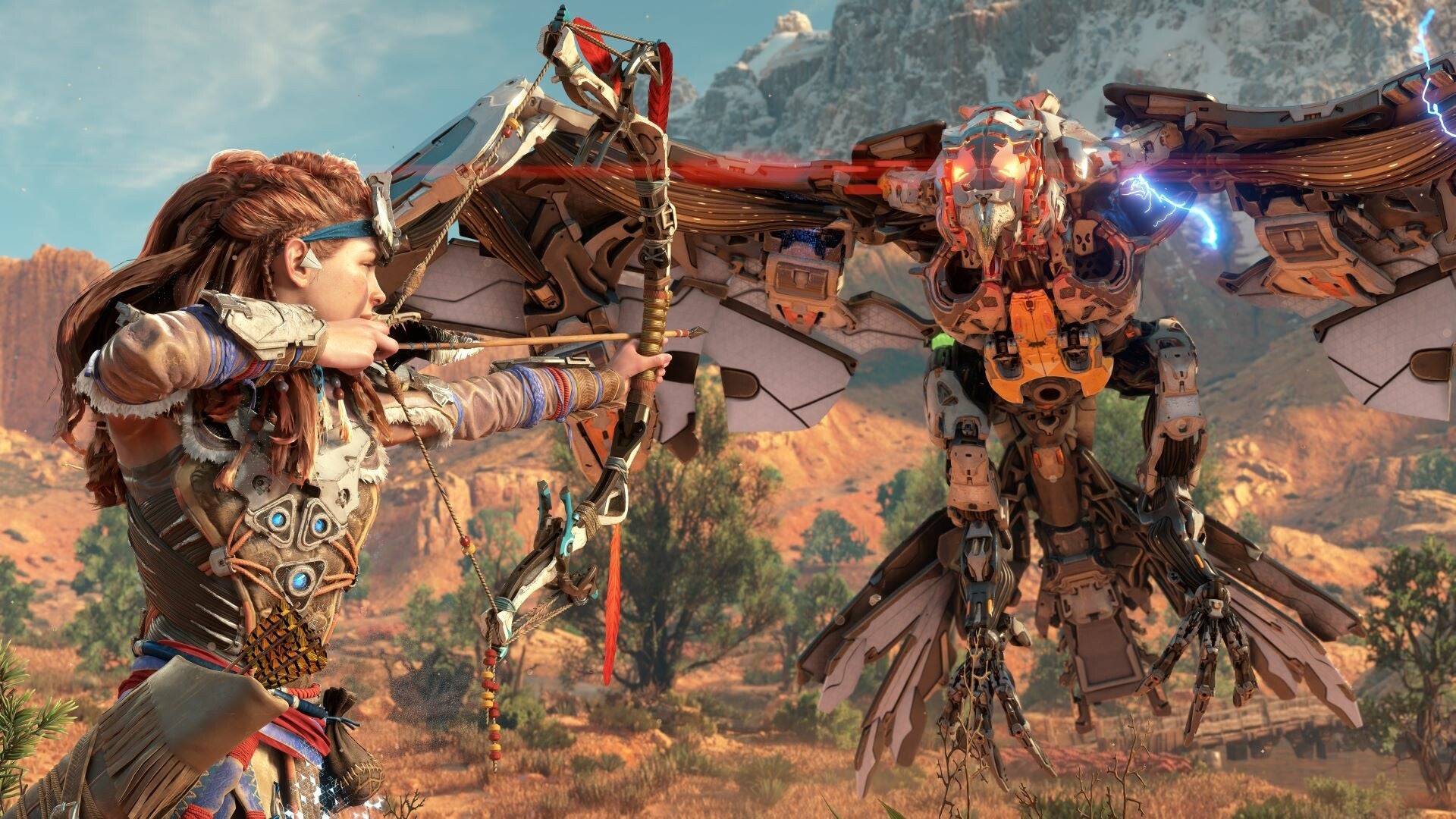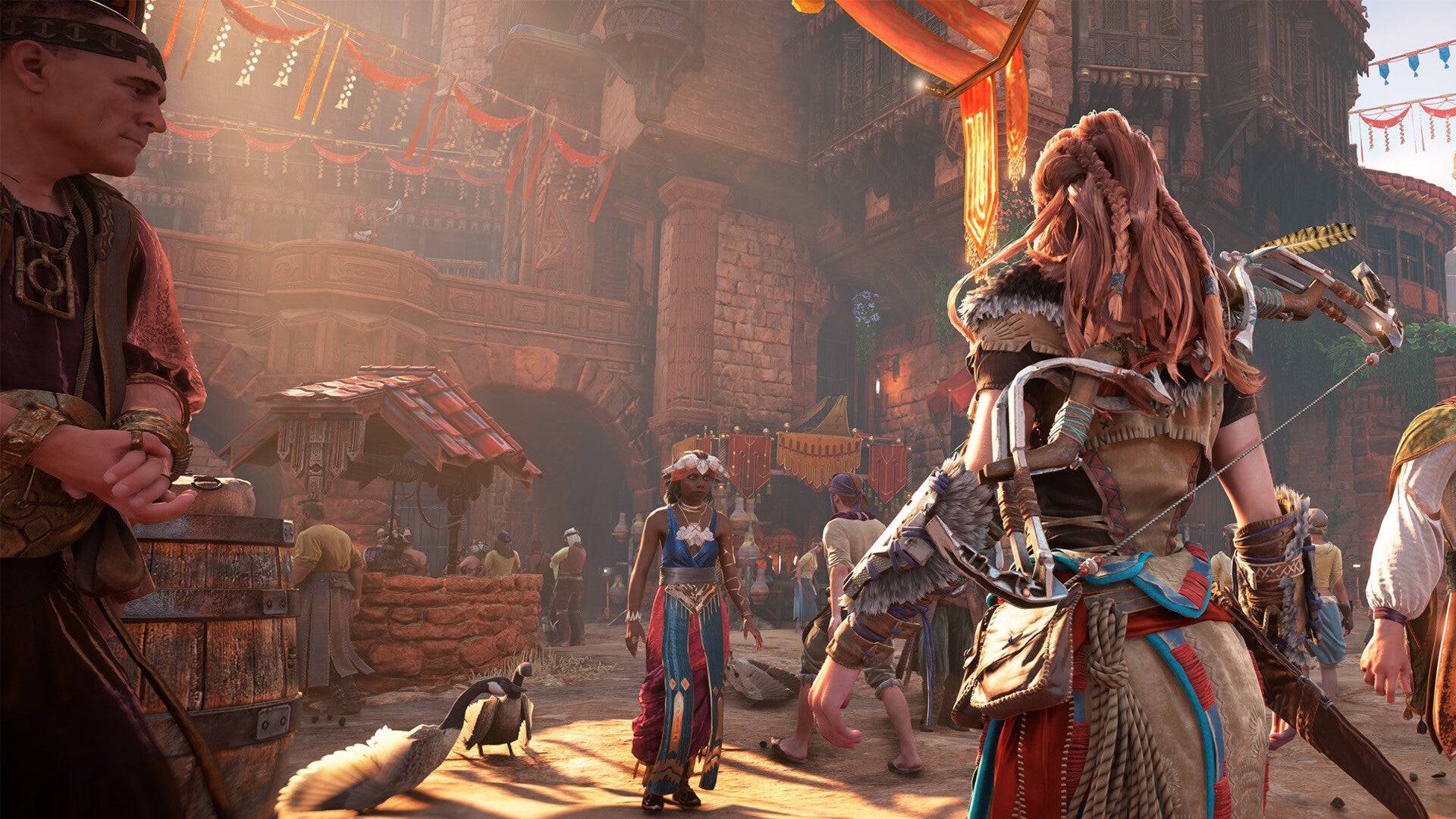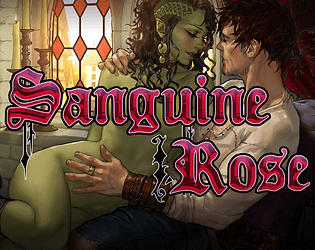Following the successful cinematic adaptations of Uncharted and HBO's The Last of Us, Sony has announced that Horizon Zero Dawn will be the next video game to hit the silver screen. PlayStation Studios and Columbia Pictures are bringing Aloy's origin story and the game's vibrant, machine-filled world to life. Although the movie is still in its early stages, there's a strong belief that it could be Sony's first major video game win at the box office, provided it remains faithful to the original games.
Recent years have seen a surge in successful video game adaptations across both television and film. Family-friendly hits like The Super Mario Brothers and Sonic movies have set the bar high, both critically and commercially. On the small screen, Sony's The Last of Us, alongside Netflix's Arcane and Amazon Prime's Fallout, have become fan favorites. Even adaptations with mixed reviews, such as the Tom Holland-starring Uncharted, have managed to pull in over $400 million at the box office.
Despite the waning "video game curse," challenges remain. Uncharted, while a box office success, did not meet fans' expectations for a faithful adaptation. Recent flops like the Borderlands movie and Amazon's Like a Dragon: Yakuza series illustrate the pitfalls of straying too far from the source material. These adaptations failed to capture the essence, storylines, and tone that fans cherished.

Turning back to Horizon, this isn't the first attempt to adapt the game for the screen. In 2022, Netflix announced a series based on the game, with rumors of a "Horizon 2074" project set in the pre-apocalypse era. This direction was met with mixed reactions from fans who wanted a story true to the original game's success and its iconic robotic creatures. However, those plans have been scrapped, and Horizon is now being developed into a cinematic release. This shift to film is a strategic move, considering the heavy CGI required to bring Horizon's world to life, and the larger budgets available in Hollywood.
If Horizon receives the same meticulous adaptation treatment as The Last of Us, there's no reason it can't become PlayStation's first major cinematic success. The success of Fallout, Arcane, and The Last of Us demonstrates that adaptations that stay true to their source material, in terms of visuals, tone, and story, resonate deeply with audiences. The Last of Us, while introducing new storylines, largely adhered to the narrative structure of the games, earning praise from both fans and newcomers alike.
Staying faithful to the original game isn't just about meeting fan expectations. Horizon Zero Dawn won the Best Narrative award at The Game Awards in 2017 and the Outstanding Achievement in Story at the 2018 DICE awards, underscoring the high regard for its storytelling. The game, set in 31st-century North America, follows Aloy, a member of the Nora Tribe, as she unravels the mystery of her origins and their connection to the old-world scientist, Elisabet Sobeck. The rich world-building, detailed character relationships, and exploration of environmental themes provide a solid foundation for a compelling cinematic experience.

Horizon's compelling story and rich world-building make it an ideal candidate for a successful film adaptation. The game's meticulous storytelling, unique world, and timely themes lend themselves to a cinematic experience that could resonate both critically and commercially. With the expanded narrative of Horizon Forbidden West, there's ample material for a long-term film franchise. If Sony can maintain the essence that made the game a success, Horizon has the potential to become a major cinematic franchise.
As Sony continues to adapt more titles like Ghost of Tsushima and Helldivers 2 for film and TV, a faithful approach to Horizon could set a positive precedent. However, straying from the game's core elements could invite fan backlash and financial failure, as seen with other adaptations like Borderlands. Sony, along with its chosen writers and directors, must recognize the value of Horizon and stay true to its source material to ensure a successful adaptation.
















